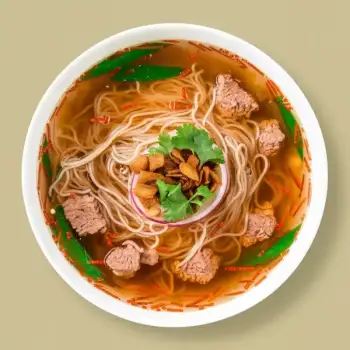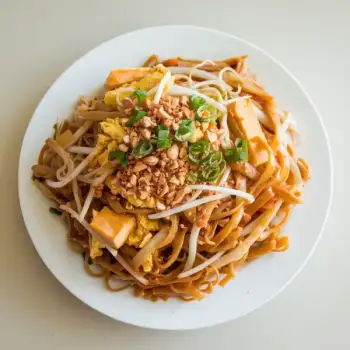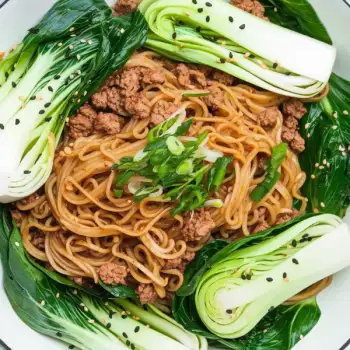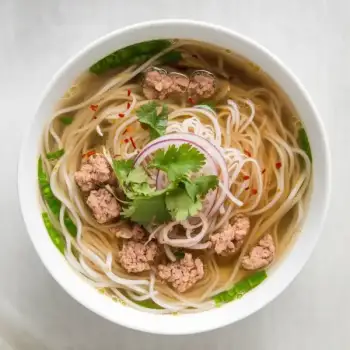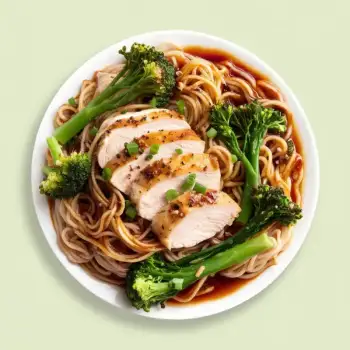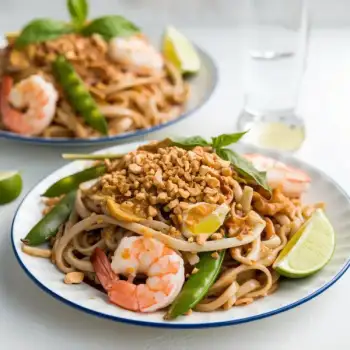


Dried
Rice noodles are most commonly found in a dried form, requiring rehydration in water before use. They come in various thicknesses, from very thin vermicelli to thicker flat noodles.
Fresh
Less common but available in some Asian markets, fresh rice noodles are soft and pliable, ready to be used directly in cooking without the need for soaking.
Instant
Pre-cooked and dried rice noodles that can be quickly rehydrated in hot water, making them convenient for fast meals.




dried rice noodles: Three Ladies Brand
fresh rice noodles: Sun Hing Foods

Boiling: Some dishes require boiling rice noodles, but this is less common. If boiling is necessary, do so for a very short time, usually just a couple of minutes, then drain and rinse with cold water to halt the cooking process.
Soaking: Soaking rice noodles is the most common preparation method. Place them in a bowl of warm water for 5-10 minutes, depending on their thickness. They should be flexible but not overly soft before draining.
Stir-Frying: Once soaked, rice noodles can be quickly stir-fried on high heat. Keep them moving in the pan to prevent clumping. They absorb flavors well, so be generous with seasonings and sauces.




